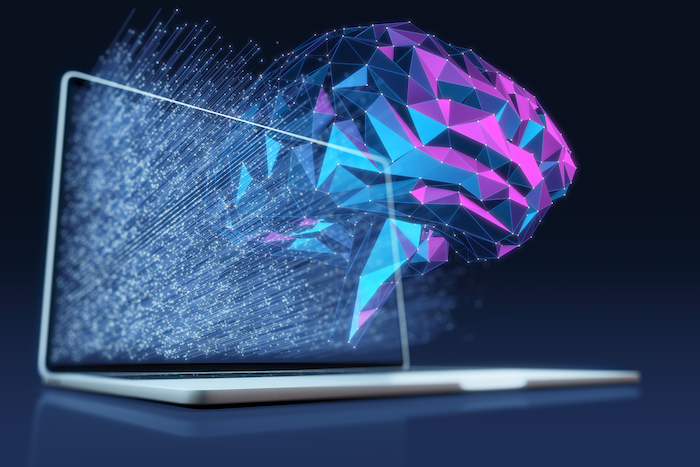We are on the cusp of a new year, and many business leaders are preparing for what’s ahead. For CIOs, that means looking forward to the latest technology trends. They must be updated on what’s new to future-proof their careers through 2025 and beyond.
The latest technologies include quantum computing, AI ethics, and sustainable IT practices. These processes will guide the future of business for the foreseeable future. Leaders who embrace these technologies will establish themselves as trailblazers in their industries.
Quantum Computing
Quantum computing is an emerging technology that utilizes quantum mechanics to solve problems with a high level of insight and accuracy. It uses quantum hardware and algorithms to find solutions based on quantum physics. It can solve complex problems that traditional computers might take decades to solve in a matter of minutes.
The technology relies on the magic of quantum mechanics which is based on fundamental natural principles. It is used to compute with a high level of probability.
A complete understanding of quantum computers requires a deep dive into the technology, but for practical understanding, let’s compare it to a classic computer. Quantum computers store information as qubits instead of bits to process with quantum logic. Rather than computing in a step-by-step manner, it processes huge quantities of data to run more efficiently.
Quantum computers are probabilistic meaning they find the most likely solution to a problem. Classic computers are deterministic meaning they undergo an intensive process to find a single solution. Quantum computers come up with various answers to problems whereas classic computers find just one.
The range may make it seem like quantum computers are less precise. However, it makes them better at solving problems that require large datasets.
While classic computers will still be used to process most applications, quantum computers can solve more advanced applications thereby implementing innovation in various industries.
AI Ethics
AI is transforming the way we do business, but leaders are aware of ethics issues. The technology often relies on biased or false information. It may also put sensitive data at risk.
The academic community has created a Belmont Report to guide AI use in research and algorithmic development. It cites three main principles as follows:
- Respect for Persons: This principle states that individuals must be aware AI is being used to process their data and they must consent to the technology.
- Beneficence: Beneficence refers to the goal of ‘no harm’. It addresses possible biases that may appear in AI systems despite best intentions.
- Justice: This principle focuses on fairness and equality. It offers five ways to distribute burdens and benefits, as follows: equal share, individual needs, individual effort, societal contribution, and merit.
Organizations must develop governance programs to oversee AI. They must educate workers who work with AI programs to ensure a fair system. The company must also establish policies that ensure AI is utilized in a trustworthy manner.
Sustainable IT Practices
Environmentalism is a chief consideration in the IT sector. However, it poses environmental issues. It accounts for 14% of global emissions and wastes energy in the form of heat emitted from hardware components.
But today’s leaders are finding that sustainable IT does more than save the planet, save money, and improve organizational reputation. It paves the way for innovation in the form of electric cars and investment funds based on ESG credentials. Sustainable companies also attract a higher level of talent, a key factor in industry leadership.
So, what can your company do to become more sustainable? Key steps include:
- Evaluating consumption and reducing waste to improve energy efficiency
- Using renewable providers and equipment to embrace green sourcing
- Reducing e-waste by using recyclable systems and sourcing energy from environmentally focused providers
- Conducting data analysis on the company’s compliance with sustainability regulations
- Building a new operating model that relies on sustainable innovation
The journey to becoming more sustainable is wrought with challenges. Organizations must avoid quick-fix solutions that don’t consider all areas of business. They must take a holistic approach ensuring smooth processes throughout departments.
With the right strategy, CIOs can adopt sustainable processes that move their business forward.
Want to learn more about future-proofing your career to achieve long-term success? Sign up for our newsletter today.



0 Comments